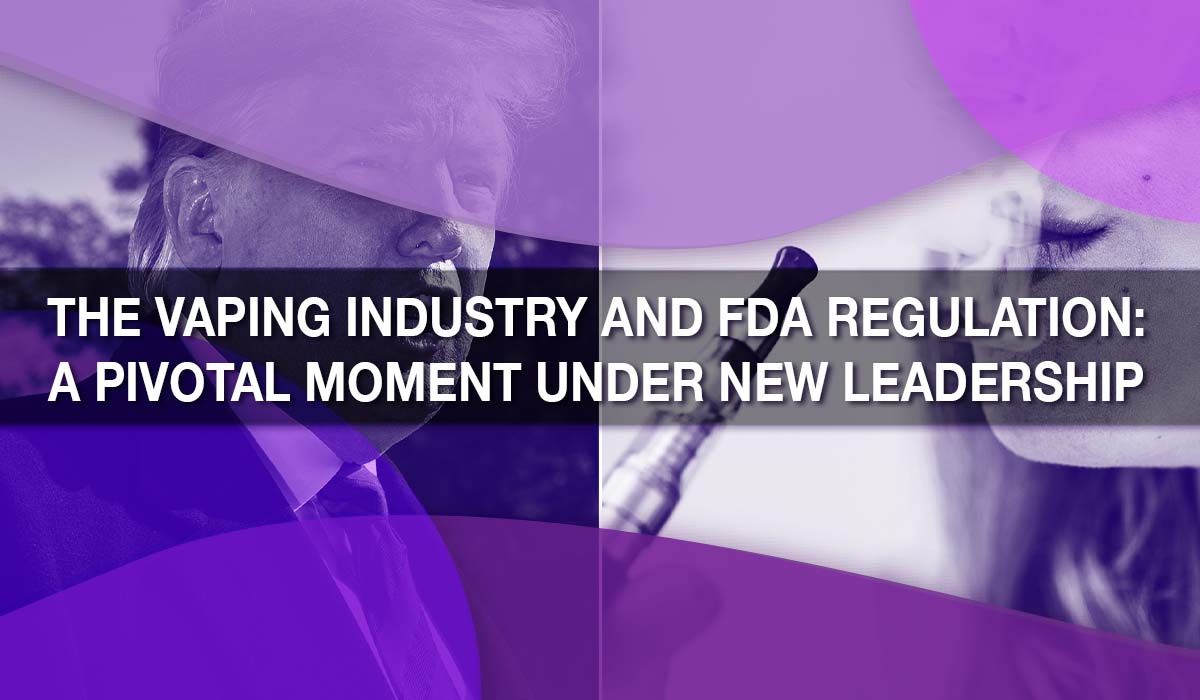
The Vaping Industry and FDA Regulation: A Pivotal Moment Under New Leadership
The vaping industry has long stood at the crossroads of innovation and controversy, with debates over health, youth access, and regulatory frameworks shaping its trajectory. Now, the industry is looking to a potentially game-changing moment: the possibility of relaxed FDA regulations under the Trump administration and the Supreme Court’s upcoming ruling on FDA authority.
A New Administration, A New Hope for Vaping?
The vaping industry has expressed optimism that President-elect Donald Trump’s administration will overhaul the FDA’s regulatory processes, making it easier for e-cigarette manufacturers to operate in the United States. Central to this hope is the desire for clearer guidelines, faster decision-making, and a reduction in burdensome requirements for product approval.
In September, 2024, Trump said he would "save vaping again" as part of a longer Truth Social post where he stated:
Tony Abboud, executive director of the Vapor Technology Association, pointed to the incoming administration’s focus on eliminating "bad regulations" and promoting innovation. Abboud highlighted Trump’s potential to reshape the regulatory landscape in favor of small businesses and consumer choice, which aligns with the administration's broader ethos of reducing federal oversight.
FDA and Industry at Odds
Since 2016, the FDA has wielded its regulatory power over e-cigarettes under the Tobacco Control Act. This includes requiring manufacturers to submit premarket tobacco applications (PMTAs) to demonstrate that their products contribute to public health by helping smokers quit without enticing new users, particularly youth.
While the FDA has processed millions of applications, approving only a fraction of them, vaping companies argue the process is overly burdensome and lacks transparency. Lawsuits against the FDA claim the agency’s denials often rest on unclear or shifting standards, particularly concerning long-term studies for flavored products.

The Supreme Court’s forthcoming ruling on FDA v. Wages and White Lion Investments could set a critical precedent for how the FDA handles applications and enforces regulations. Regardless of the outcome, industry advocates are hopeful that Trump’s leadership could soften regulatory hurdles and prioritize a more balanced approach.
The Flavor Debate: Adult Consumers vs. Youth Concerns
One of the most contentious issues in the vaping debate is the role of flavored e-cigarettes. On the one hand, flavors are a cornerstone of adult smokers’ transition away from combustible cigarettes. On the other hand, the FDA has pointed to youth appeal as justification for strict regulation.
According to the National Youth Tobacco Survey, teen e-cigarette use has dropped by two-thirds since its 2019 peak, suggesting that youth access measures are working. However, this decline hasn’t swayed the FDA’s prohibition on flavors, which the agency continues to cite as a risk factor for youth addiction.
The vaping industry maintains that the benefits of flavors far outweigh the risks, particularly as a tool for smoking cessation. Advocates argue that adult smokers should have access to a variety of flavor options to increase the appeal and efficacy of e-cigarettes as a harm reduction tool. Numerous studies have shown that vaping is one of the most effective smoking cessation tools available, and flavors play a crucial role in its success.

Despite the industry’s optimism, Trump’s record on vaping during his first term offers a mixed picture. In 2019, he proposed a ban on most flavored e-cigarettes, citing concerns about youth use. Although he ultimately scaled back the ban after pushback from the industry, his administration did restrict flavored pods and raised the federal purchasing age for tobacco products to 21.
These moves highlight the delicate balance between promoting harm reduction for adult smokers and addressing public health concerns for youth. Moving forward, the industry hopes that Trump’s focus on small businesses and consumer freedom will guide more favorable policies.
What’s Next for the Vaping Industry?
The Supreme Court’s decision and the Trump administration’s approach to FDA oversight could mark a turning point for the vaping industry. Advocates are calling for a more transparent, predictable, and science-based regulatory process, one that supports innovation while addressing legitimate public health concerns.
Ultimately, this moment represents an opportunity to strike a balance between the needs of adult smokers seeking alternatives and the imperative to protect youth. Whether this balance can be achieved will depend on how the administration and courts navigate these complex issues in the months to come.
The vaping industry, standing for its promise of harm reduction, now stands on the brink of potentially transformative change.


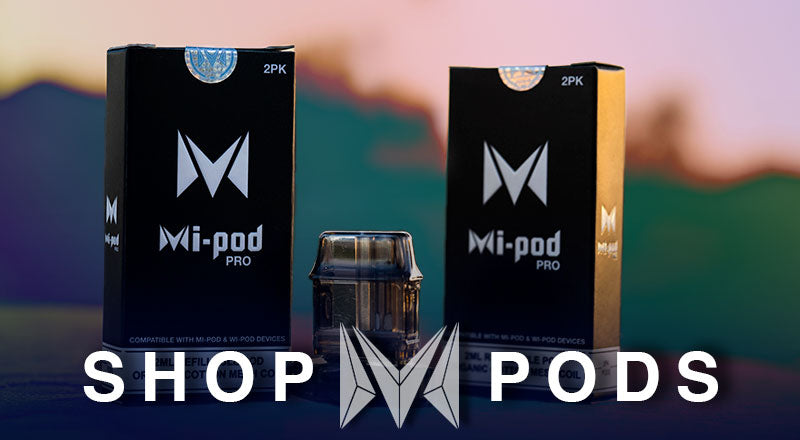
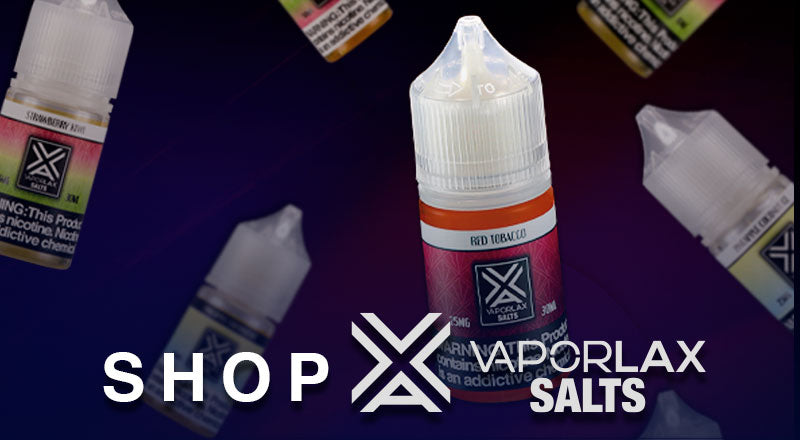
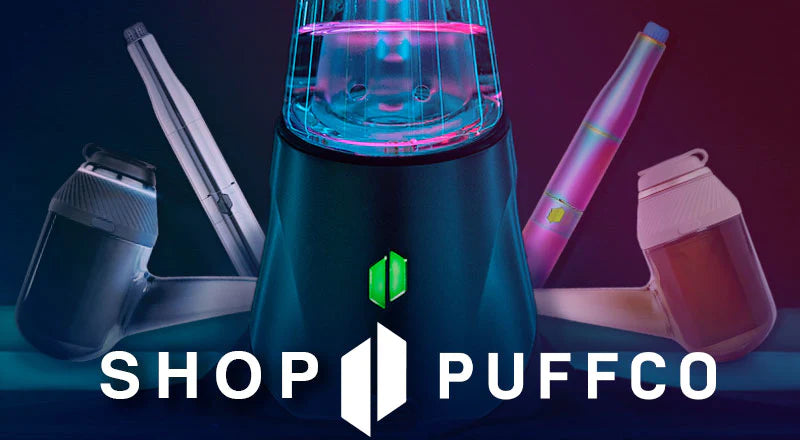
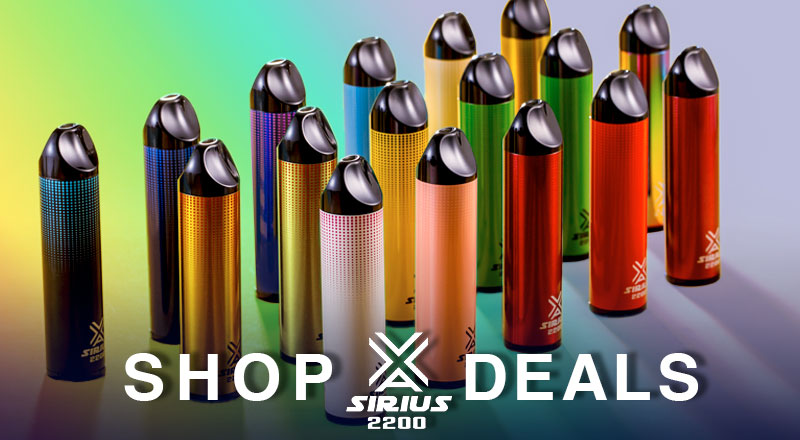
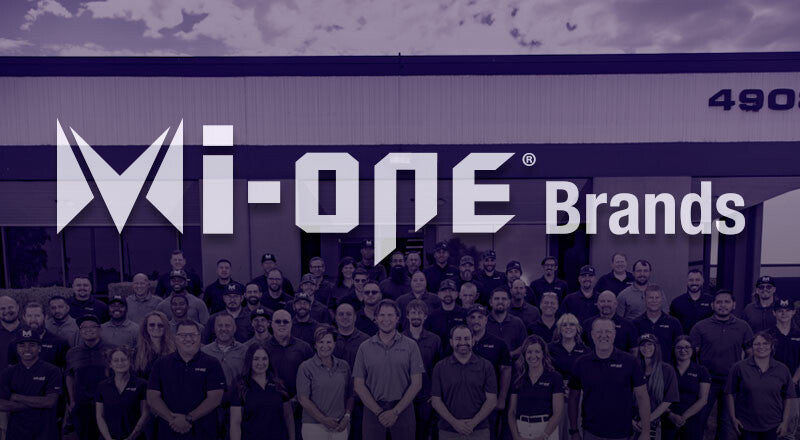




Leave a comment
This site is protected by hCaptcha and the hCaptcha Privacy Policy and Terms of Service apply.